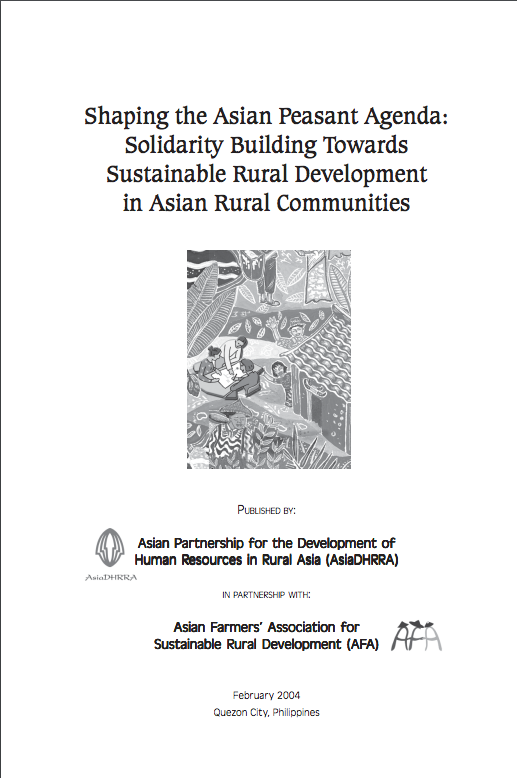Politique Foncière Agricole du Mali.
L’objectif général de la Politique Foncière Agricole (PFA) du Mali est d’assurer l’accès équitable de tous les producteurs maliens (hommes et femmes) et des autres utilisateurs aux terres agricoles aménagées bien gérées et sécurisées dans un environnement de bonne gouvernance foncière afin de favoriser des investissements publics, communautaires, individuels et privés maîtrisés susceptibles de rendre les différentes formes d’exploitation plus performantes et viables dans une perspective de souveraineté alimentaire durable.La PFA oeuvre à des systèmes agricoles inclusifs et efficaces.












